The sweeping austerity measures presided over by David Cameron altered the face of the country and some might argue reinvigorated the left. Protests against the state of the nation became more commonplace and Cameron’s entitled background became a favourite target of his critics. As divisive as his time in office may have been, Cameron’s legacy is an even more deeply divided nation.
In 2016 David Cameron lost the EU Referendum. A few hours later he resigned as PM, a few months later he stood down as an MP. It has since been revealed that Cameron refused to allow the Civil Service to plan for Brexit. The political and social turmoil he left in his wake will take years to resolve and it seems the future looks uncertain to all sides of the debate.
London has seen some of the largest political demonstrations in decades on its streets in the last couple of years. The surprise election and popularity of Jeremy Corbyn as leader of the Labour Party has enlivened the protest movement, but this seems to be only a part of the picture.
Globally other groups, movements and ideologies are on the rise, but in the UK the homegrown Windrush Scandal and Theresa May’s previously stated aim to create a “hostile environment for illegal immigrants” has taken it’s toll on British society. The far right seems to be ascendent and Tommy Robinson is openly working with UKIP following his most recent prison spell.
The summer of 2017 was particularly chaotic. Following her leadership victory, Theresa May called a suprise general election losing her majority and forcing her to make a controversial deal with the DUP. Less than a week later the devastating fire at Grenfell Tower killed 72 men, women and children highlighting the cracks in British society running through the faultlines of race and class for all to see.
There were demonstrations on the streets almost every weekend. The tragedy of Grenfell brought the community together but the role of government and industry was seen by many as wanton. On a visit to a relief centre the Prime Minister had to be protected from angry residents who shouted “coward,” “murderer” and “shame on you,” as she was ushered quickly into her waiting car.
The following summer Donald Trump visited the UK for the first time as president. He was met with protest wherever he went, a 20ft tall balloon depicting him as a baby wearing a nappy and carrying a mobile phone hung over Parliament Square and thousands marched against him.
The carnival atmosphere came with a serious message. People across the UK remain deeply concerned about the Trump administration and wanted this message to be heard around the world.
Despite the vast majority of the protests being good natured, many people still feel vulnerable. Race, immigration, poverty, cuts to benefits and public services continue to be amongst the most important issues of the day. consensus politics is distant memory.
We are facing new and unceratin political landscape, the Tory Party is riven, the government in crisis and the country on the brink of crashing out of the EU with no deal. Few people seem to have a clear idea of where we are headed and many will be asking if any of this was actually worth it or if we have made a terrible mistake.
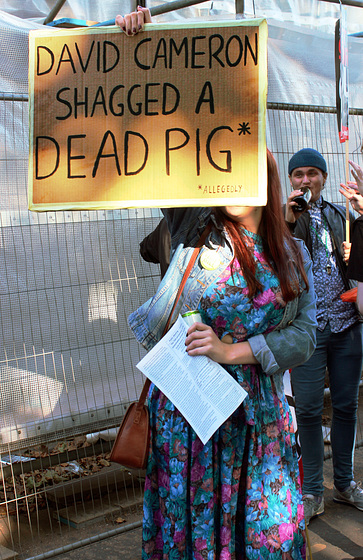
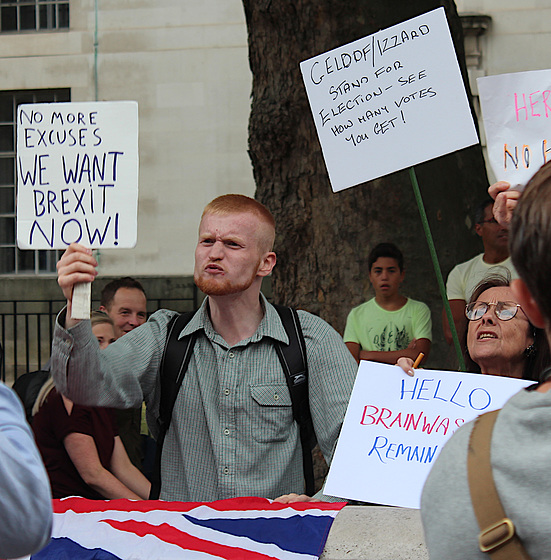
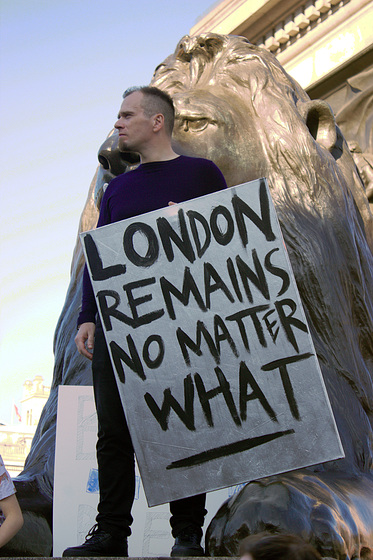
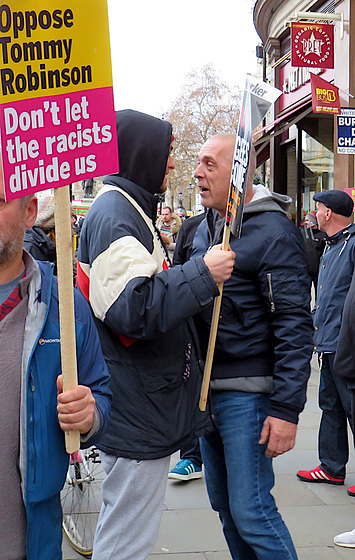
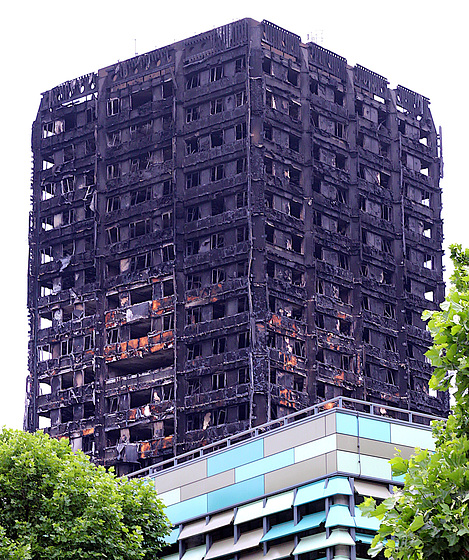
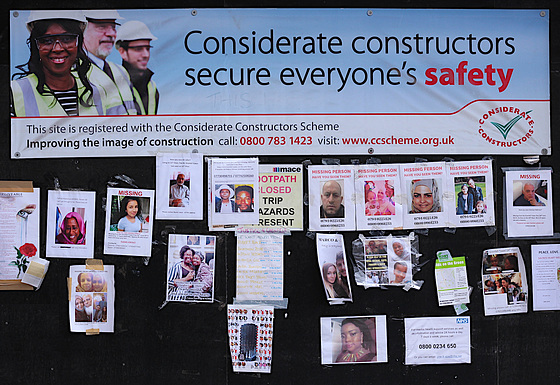
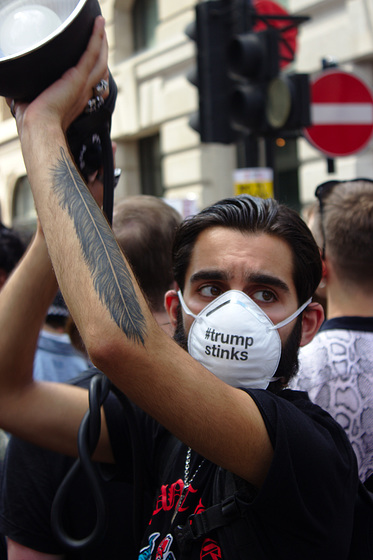
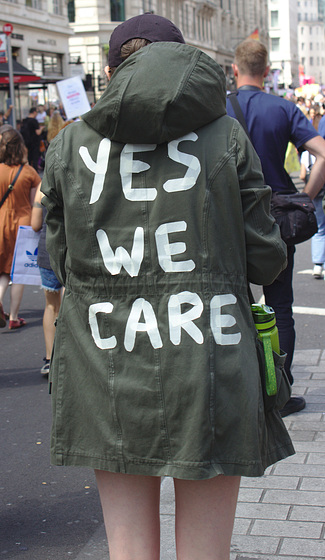
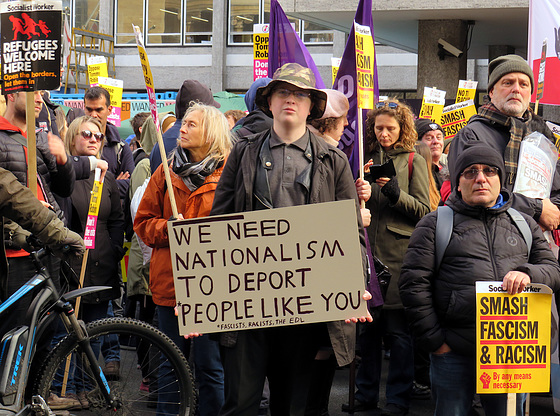
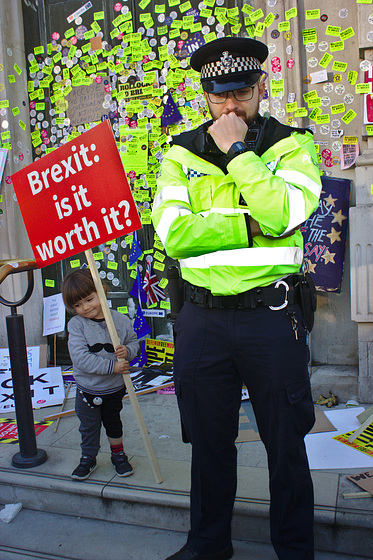
1 comment
Jean-luc Drouin said: